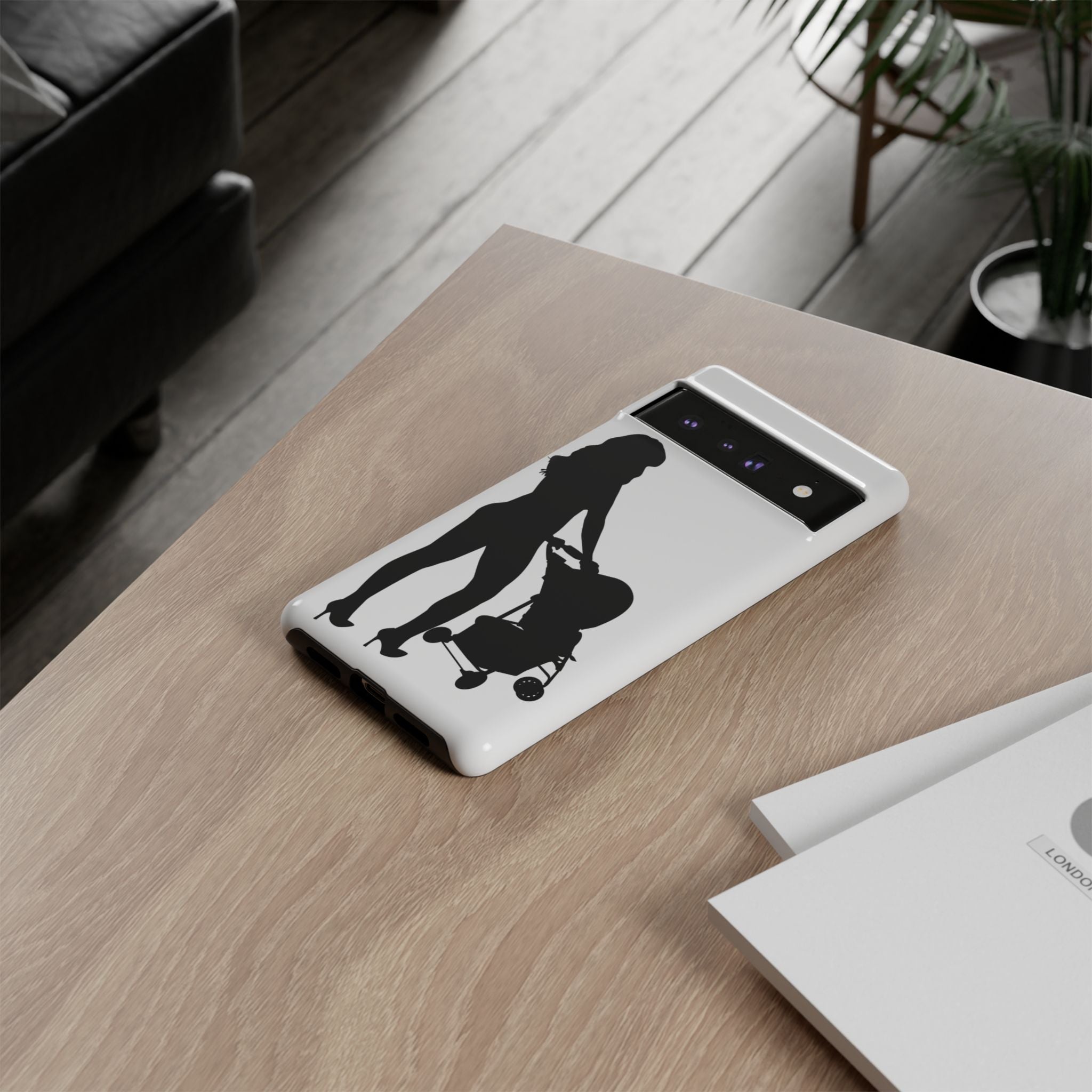Sometimes, the smallest moments reveal the biggest truths about mental health.
Recently, while at work in the psychiatric hospital, I came across a young woman I’d seen many times before. Early 20s. Very thin. Quiet. Always in baggy jeans and a T-shirt. She rarely spoke, rarely attended groups, and always kept to herself.
But this time, she looked thinner—fragile, almost invisible. I asked how she was doing, and she said softly, “Not too great.”
When I asked what was wrong, she hesitated before saying that her father had kicked her out of the house. When I gently asked why, she looked down and whispered, “I was selling things I shouldn’t have been.”
It wasn’t drugs.
It was herself.
A Spiral That Began with a Single Comment
She told me she did it to pay for a cosmetic procedure—to fix what she believed was a “too big” jawline. She believed it made her look masculine when she wanted to look more feminine. When I asked where that idea came from, she said someone once made a comment about it a while ago. She was already feeling insecure at the time, and that single comment sent her into a downward spiral she’s never escaped from.
That one remark turned into a belief.
That belief turned into shame.
That shame became the reason she sold herself—for validation, for approval, for a moment of feeling wanted.
When she said that being with paying partners made her feel “feminine and desired,” my heart sank. This is the cruel power of mental health left untreated—of pain left unmanaged—of never learning how to cope when the world wounds us.
Why Coping Skills Matter So Much
If she had learned how to cope—to question negative thoughts, to process emotions, to seek support instead of punishment—her story could’ve been very different.
Coping skills aren’t just “nice ideas.” They are life-saving tools.
They are what stand between a passing insult and a life-altering decision.
They’re the difference between temporary pain and permanent damage.
When you let your emotions sit unchecked, they grow roots. They twist reality and convince you that pain defines who you are. But when you learn to process, release, and manage them—you reclaim your power.
Moving Forward
This young woman’s story is tragic, but it’s not unique. Every day, people let shame, insecurity, and emotional wounds steer their lives into dangerous directions.
You don’t have to.
Start learning coping skills today.
Use them to manage pain, rebuild confidence, and reframe how you see yourself. Because the more you care for your mental health, the more peace, power, and purpose you’ll find in your life.
You are not your past.
You are not your pain.
You are Confident, Resilient, and Beautiful.
What to Take Away
One comment can destroy — or it can teach us to protect ourselves better next time.
So build your coping toolkit now. You never know when you’ll need it.
Because sometimes, it can quite literally save your life.








Leave a comment